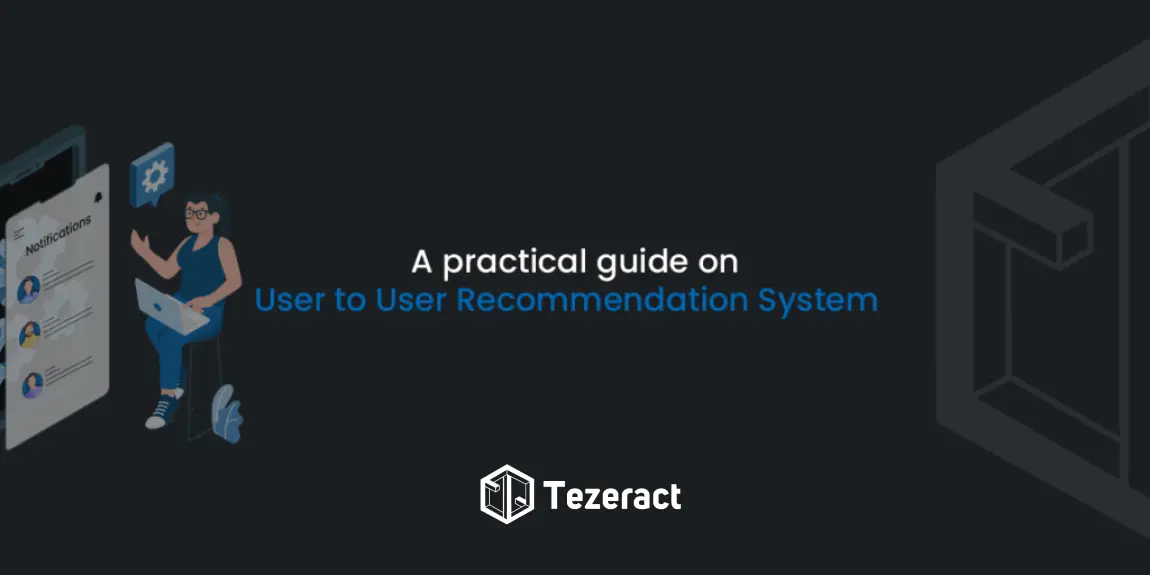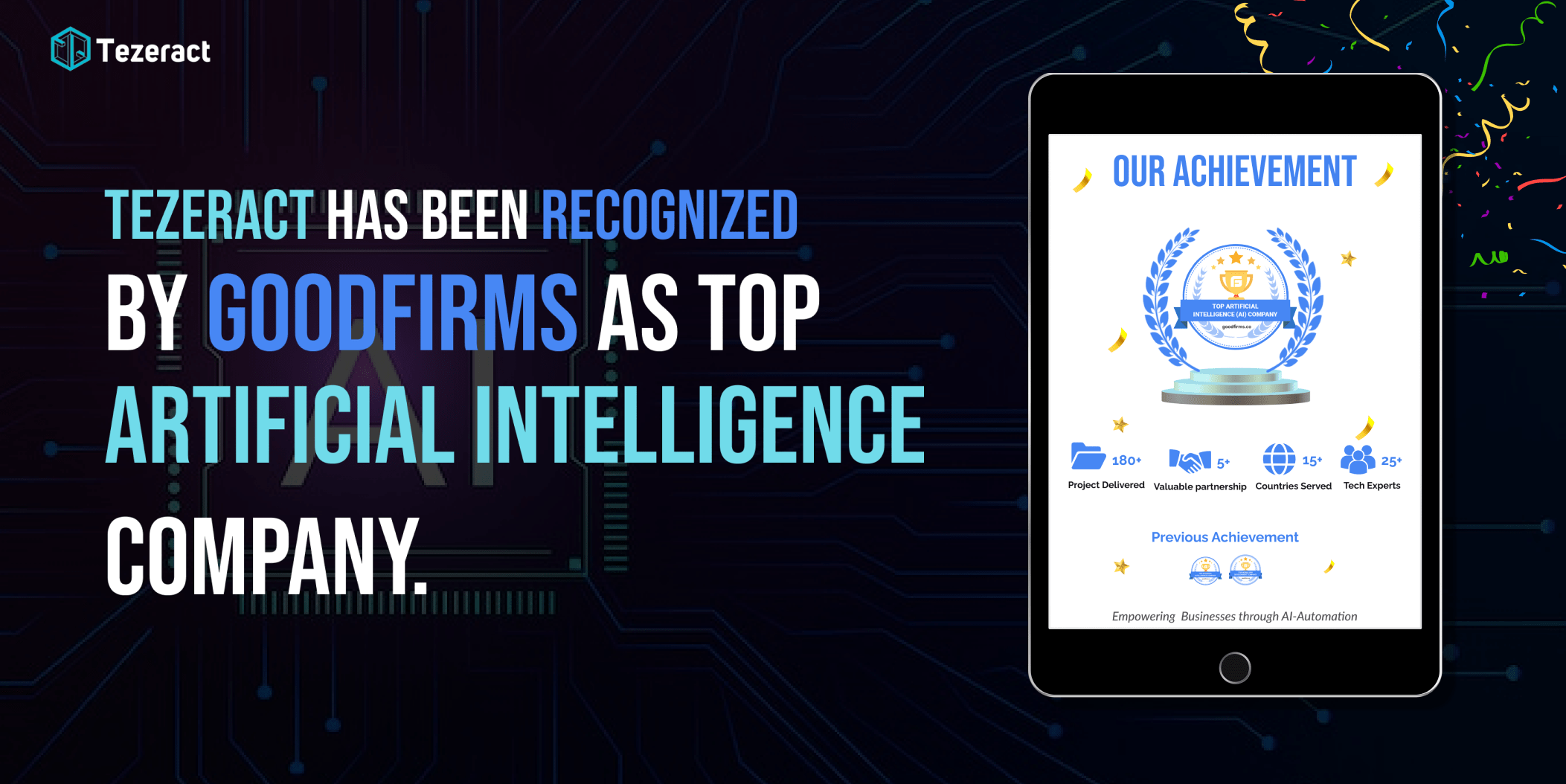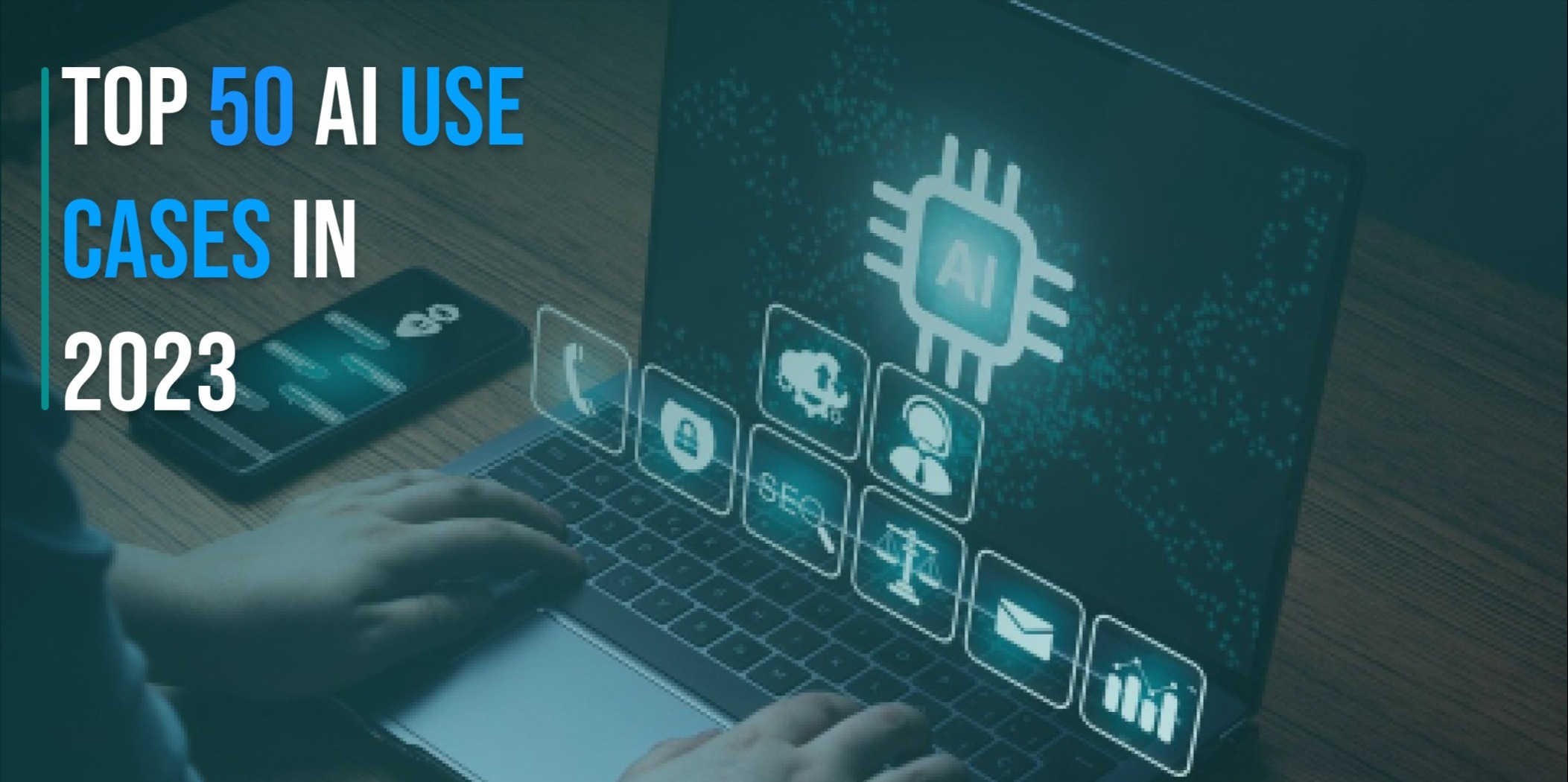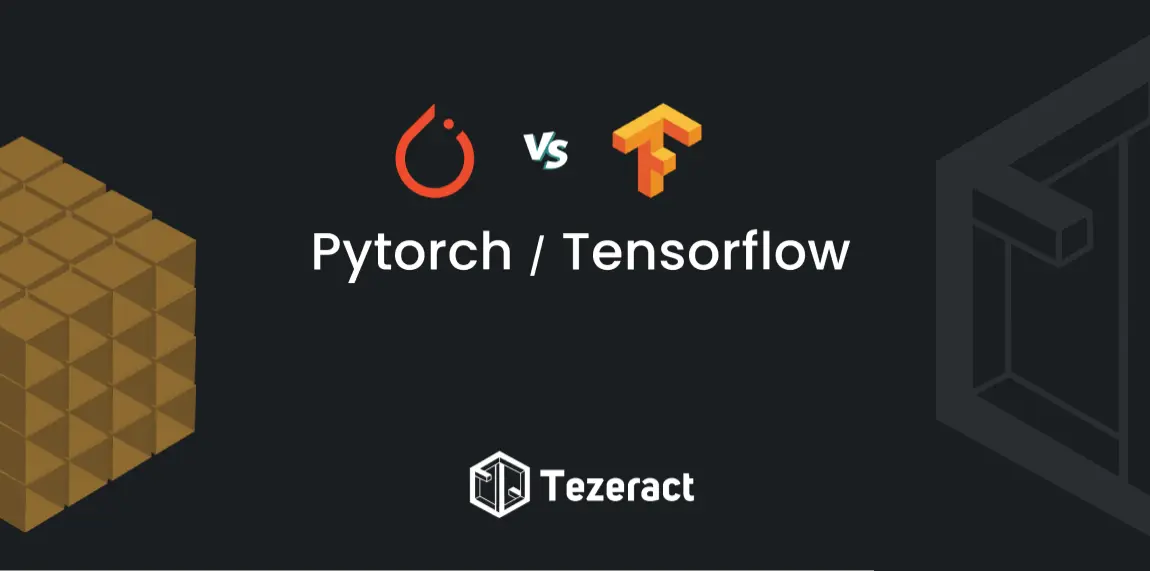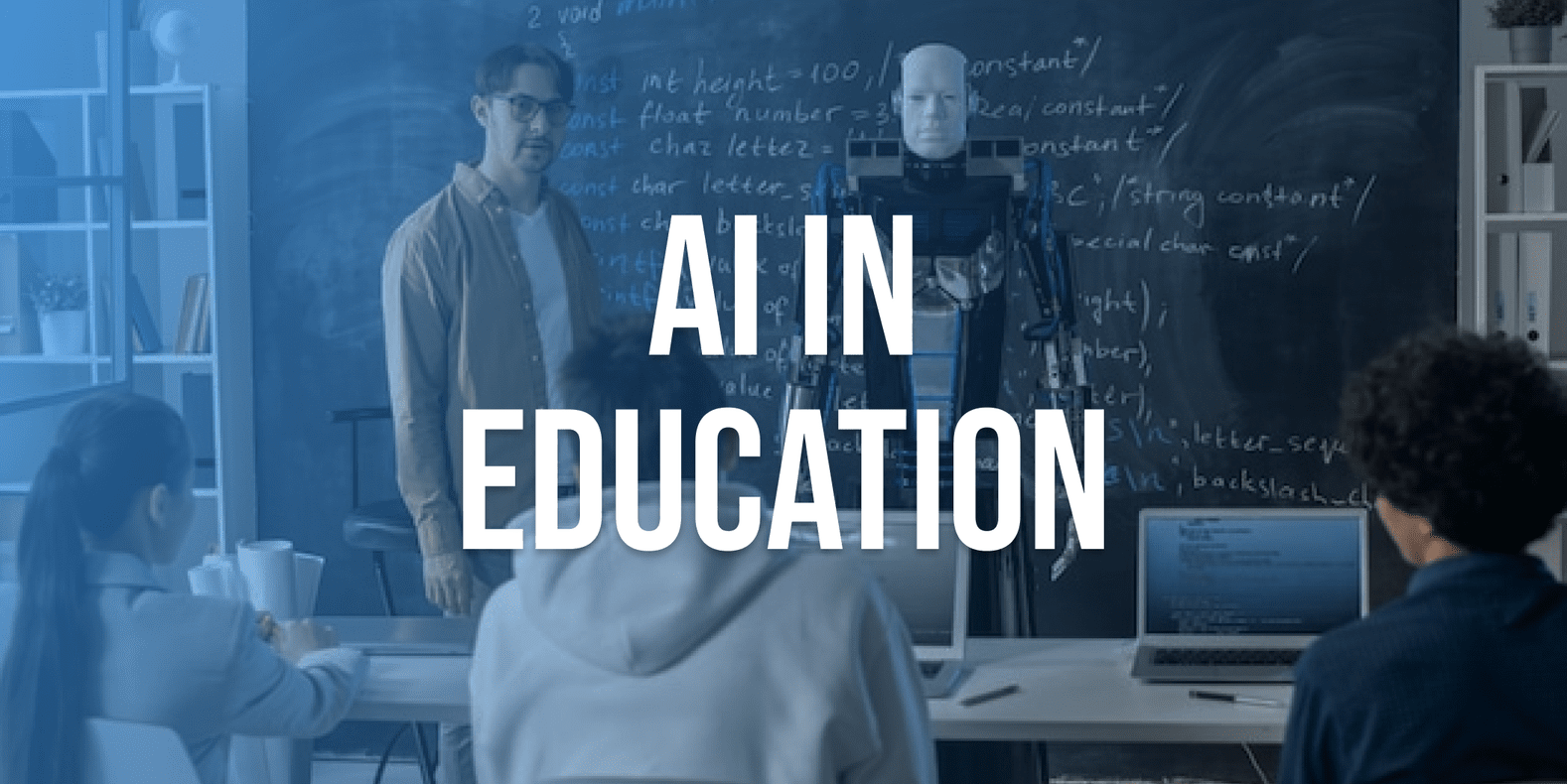Introduction
The insurance industry, a cornerstone of financial stability, has undergone a transformative journey with the integration of Artificial Intelligence (AI). AI, with its ability to process vast amounts of data, make informed decisions, and automate complex tasks, has become a game-changer in the insurance sector
In this article, we will explore the impact of AI in insurance industry, its diverse applications, benefits, and future trends.
Role of AI in Insurance Industry
The advent of AI has redefined the traditional roles within the insurance industry. AI acts as a catalyst, enhancing operational efficiency, risk management, and customer experience.
AI plays a crucial role in enhancing the efficiency, accuracy, and decision-making capabilities of insurance companies. By leveraging AI algorithms, insurers can analyze vast amounts of data, identify patterns, and gain insights that were previously unattainable.
Forbes notes a 60% rise in operational efficiency in insurance, along with a 99.99% boost in claims accuracy and a 95% improvement in customer experience. AI’s value in the insurance industry is projected to reach USD 35.77 billion by 2030, growing at a CAGR of 33.06%.
Applications of AI in Insurance Industry
Things are changing fast in the insurance world, and that affects both insurance companies and people applying for insurance. Let’s look at the leading role of AI in Insurance Industry and where it might go in the future.
Underwriting and Risk Assessment
The traditional underwriting process heavily relied on manually provided data, leaving room for potential inaccuracies due to human error or dishonesty. Applicants filling out standard forms were susceptible to mistakes, leading to an imprecise risk assessment.
AI algorithms analyze vast datasets to evaluate risks accurately. By incorporating various factors such as customer behavior, historical data, and external variables, AI enhances the underwriting process, leading to more precise risk assessments.
Claims Processing
Navigating the complexities of claim processing can be a daunting task for insurance agents. Understanding policies in detail and calculating claim amounts require meticulous attention. Here, AI steps in as a game-changer, automating tasks to minimize errors and accelerate the claims process.
Automation through AI expedites claims processing, reducing the time and resources required. Claims can be assessed more quickly, and fraudulent activities can be detected with greater accuracy, saving costs for insurers.
Customer Interaction and Engagement
AI-powered chatbots and virtual assistants have become instrumental in providing instant responses to customer queries. Beyond merely answering questions, these tools streamline customer interactions, guiding clients through policy selections, delivering personalized recommendations, and even guiding customers through the claims process. The result is an elevated customer experience marked by responsive and tailored support.
Product Development and Personalization
AI can analyze customer data and preferences to develop customized insurance products and tailor offerings to individual needs. This data-driven approach leads to more relevant and valuable products for customers.
Fraud Detection
In the field of insurance, the timely identification of fraudulent activities is essential. Machine learning algorithms play a vital role in detecting unusual patterns and behaviors, preemptively signaling potential fraud instances. This proactive strategy ensures prompt identification and mitigation of fraudulent activities throughout the claims process.
Cost Savings
The automation of routine tasks, such as data entry and document verification, leads to a reduction in operational costs. This newfound efficiency enables insurers to allocate resources more judiciously, ultimately contributing to improved cost-effectiveness.
Examples of AI in insurance sector
Lemonade
Lemonade, a modern insurance company, uses AI to simplify underwriting. By quickly analyzing various data, including customer details and external sources, Lemonade’s AI accurately assesses risks, making it efficient to offer personalized insurance coverage.
Aviva
Aviva, a leading insurance provider, employs AI in its claims processing. Their system, powered by natural language processing and machine learning, enables customers to submit claims and receive instant feedback through a chatbot interface, ensuring quick settlements and transparent communication.
Shift Technology
Shift Technology uses AI for fraud detection in insurance. Their platform analyzes large datasets, identifying patterns and anomalies in claims data to proactively mitigate fraud risks. This protects the insurer’s interests and upholds the integrity of the insurance system.
USAA
Atop insurance provider named USAA uses an AI-powered virtual assistant called “Eva” to engage with customers. Eva answers questions, shares policy details, and assists users through different processes. It exemplifies how AI applications contribute to improved customer experiences
Future Trends of AI in Insaurance
The use of AI in the insurance industry is expected to continue to grow in the future. Some of the key trends to watch for include:
IoT Integration
The Internet of Things (IoT) devices, such as smart home devices and telematics in cars, will generate real-time data that AI can analyze to offer more accurate risk assessments and dynamic policy adjustments.
Blockchain Integration
Combining AI with blockchain technology can enhance data security, streamline transactions, and improve transparency in the insurance sector.
Hyper-Personalization
AI will enable insurers to personalize every aspect of the customer journey, from product recommendations and pricing to claims processing and communication. This hyper-personalized approach will create a more seamless and satisfying customer experience.
Deeper collaboration between insurers and InsurTech companies
Insurers will leverage the expertise of InsurTech startups to develop cutting-edge AI solutions that address specific industry challenges and unlock new growth opportunities
Conclusion
Artificial intelligence (AI) has had a profound impact on the insurance industry, transforming operational paradigms and customer service approaches. By automating mundane tasks and revolutionizing risk assessment methodologies, AI has emerged as a critical asset, promoting efficiency, cost savings, and an improved customer experience.
Looking ahead, the combination of AI and emerging technologies is expected to usher in transformative trends, ensuring that the insurance industry remains at the forefront of innovation and adaptability. Insurers who embrace these paradigm shifts will be well-positioned to benefit significantly from the ongoing AI revolution, ensuring long-term success in an ever-changing business landscape.
AI is changing how insurance works, and it’s about to do even more amazing things in the future. Tezeract can be the team that helps you make the most of this automation in insurance.
We’re experts in building AI-powered solutions and products providing AI services from all around the world to help businesses improve their workflows, automate their business, and save their TIME, MONEY, and EFFORT.
If you have any queries or want to discuss your idea, let us know.
Let’s innovate together!!




